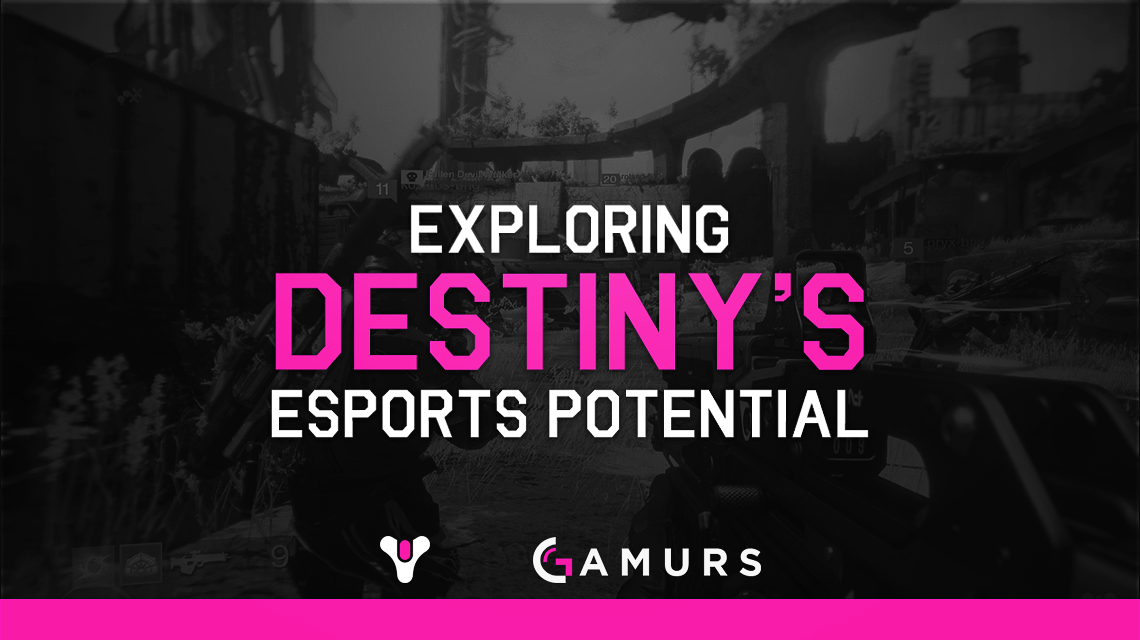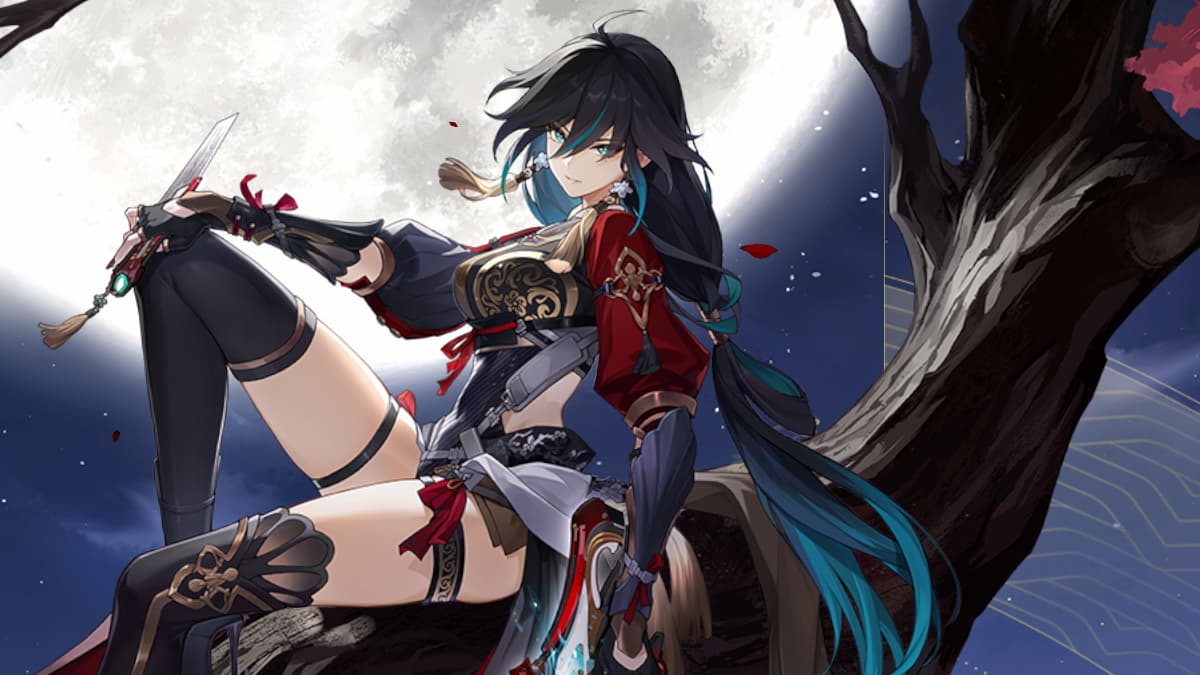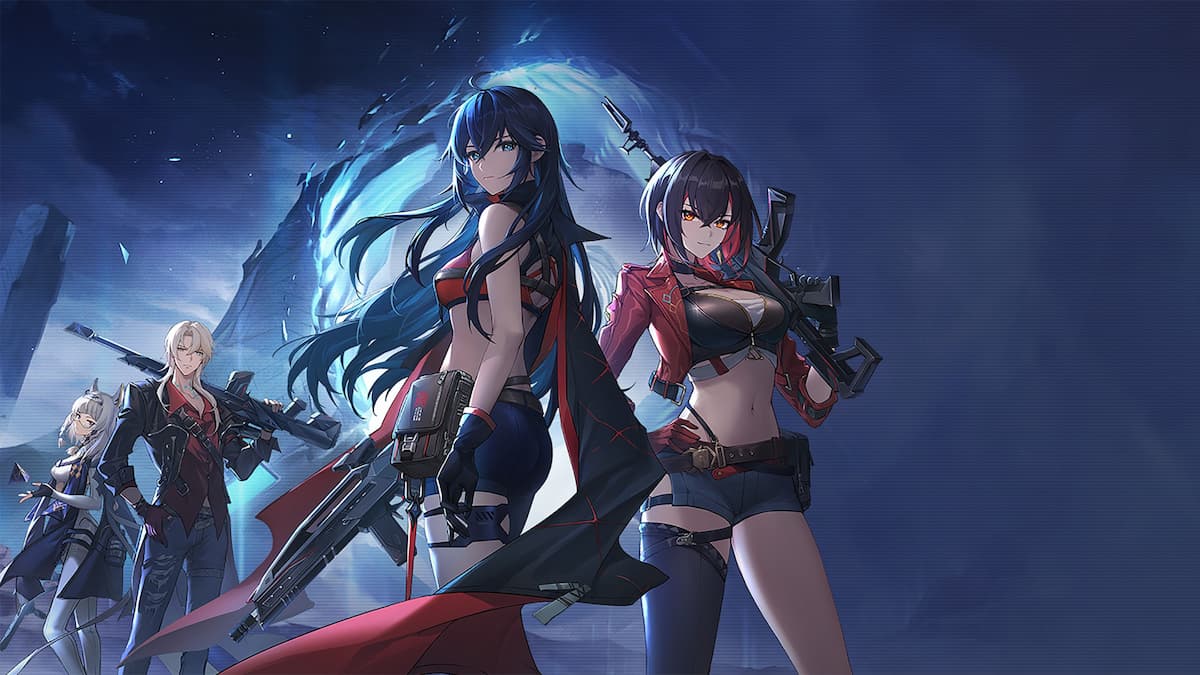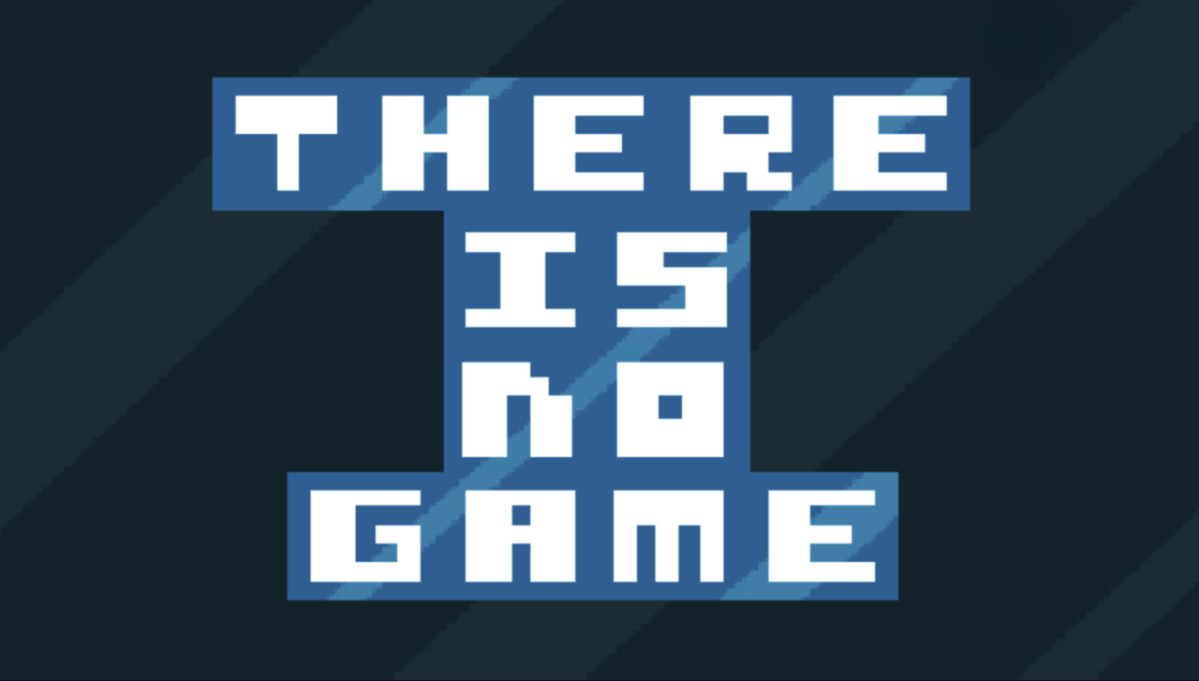It’s been nearly two years since the launch of Destiny, Bungie and Activision’s space-faring first-person shooter, but one of the most sought-for announcements was finally made at Gamescom this week with the inception of private matches. Up until the upcoming expansion, Rise of Iron, when players wanted to match up against each other, they needed to enter a playlist at the same time and hope to get matched up. Sometimes, it helped if the party leaders lived in the same region, but the experience was hit or miss and made for lots of frustration at times. As such, private matches have been a hugely requested and longed for feature in Destiny since it came out. This week at Gamescom, Bungie finally delivered, thanks mostly due to the fact that with Rise of Iron, support for PS3 and Xbox 360 has been dropped. And Bungie is taking private matches seriously, as evidenced by this page on their site which outlines a Destiny Competition License, which allows people to conduct tournaments in the game. Sothis bevy of news begs the question: what is Destiny’s future as a potential esports title?
Competitive @DestinyTheGame is comingto @GameBattles! SignUp Here —> https://t.co/rJUosqXENP https://t.co/6vb5CztLhH
— MLG (@MLG) August 16,2016
Private matches in Rise of Ironwill support anywhere from 1-12 players, on any of the game’s maps with any game mode. In the past, competitive Destiny or “sweaties” as the players have come to call it, has been played in a 3v3 format, but it remains to be seen where the competitive scene will go now. MLG has already announced a 3v3 tournament that begins on Sep. 25, with ladders that begin at Rise of Iron’s launch on Sep. 20. With MLG and Game Battles on board, things are obviously off to a good start.
Twitch’s “Sweaty” Community”
While this week marks the beginning of Destiny as a competitive game for some, it has had its fair share of play over the past couple years thanks to the help of Twitch and a few others involved behind the scenes. FarCognitions is a site that has run Destiny tournaments in the past before private matches were viable and saw the potential of the game as an esport before it was readily accessible. The owner of the company, Eric from New Jersey, started the site on his own after participating in “sweaties” with the community that had built on Twitch, wanting to give competitive players a place to compete in the game. It was through “FarCog” that the competitive community was able to grow, as there was otherwise no place to play Destiny competitively. “After hearing Bungie officially say that private matches were coming, a huge sense of relief came over me,” said Eric. “I say relief because I think of all the countless hours we had to waste sitting in orbit trying to match up with each other are now going to be a thing of the past. The Destiny community is unlike any other community on Twitch in terms of loyalty, diversity, and straight up love for one another. Thank you everyone for the support, and for the last time,#SaveTheShweatiez.” A look at some of the customization options of private match. The Twitch community is where competitive Destiny was born and continues to grow. Whenever there’s a tournament taking place on a weekend in Destiny, the game seems to climb the ladder of the most viewed games on Twitch, showing that there is a thirst to be quenched when it comes to the game as an esport. One of the most well known competitive players in Destiny is Twitch streamer Luminosity, who regularly broadcasts Crucible PvP gameplay along with any tournaments that he enters in with his team known as “BombSquadKittens.” When tournaments are being played, he is always near the top of the game’s viewership directory. As one of the people at the forefront of the Twitch ‘sweaty’ community, it’s people like Luminosity,(or Lumi) as he’s come to be known, he is important as the growth of an esport happens through viewership and exposure as as pectator’s game. “I always knew [Destiny]had the potential to go competitive,” said Lumi. “With the right rules it could, and I think the community held tourneys that showed that there was an audience for it. Destiny is still a very new game and this year will be the first year with customs, so it’ll be interesting to see where it goes exactly. But I’ll do whatever it takes to try and make Destiny the next big esport on console.” Twitch streamer “Gothalion,” arguably the most well-known name and face in the Destiny directory, was also clearly excited by the prospect of the news and said he plans to host tournaments in the future. This can only mean even more exposure for Destiny esports.
Twitch community bout to get a lot more fun with private matchmaking. I cannot express my joy.
— Gothalion (@Gothalion) August16, 2016
Twitch Creators and Competitive “Sweaties”,Lets work together to organize tournaments to highlight skill and sportsmanship. Get at me.
— Gothalion (@Gothalion) August16, 2016
Obstacles in the Way
Before getting too excited, there are still a number of issues holding Destiny back from potentially being the next big esport. One of the main problems holding back Destiny as a competitive game is how prevalent random number generator is in the game. RNG means perks on weapons and armor are rolled randomly when they drop, leading to players grinding the game for a “God Roll” on the best guns and armor pieces they can find. Perks can add more range to a shotgun or stability to a hand cannon, and they can add a faster cooldown on Grenade and Melee abilities. This raises an issue for esports. As of now, private matches don’t have a base set of weapons or armor, so there is really no level playing field. People with the best gun rolls and armor sets will have an advantage by default. In past online Destiny tournaments, players have even recovered accounts of friends simply because they have a better shotgun than them. This will inevitably become an issue in the future and create road blocks on the way to Destiny’s future as a competitive game. Supremacy is a new game mode coming to Destiny in Rise of Iron. Another large issue is the lack of a spectator mode. Twelve people can join a lobby, but there is nothing in place for a spectator or broadcaster to watch and cycle through the players for a spectator experience, although a workaround may be possible until there is an inclusion of such a feature in the future. Destiny has various game modes, but the ones most often played in the competitive community have been simply “Skirmish” which is just a team deathmatch. There are objective-based game modes in Destiny, such as the CTF-like “Rift” game mode, but the sweaty community hones in on the TDM type, which could be a problem.
The Future
It’s clear that Destiny has potential as an esport. Its viewer base on Twitch is still solid, and this should only help in the months to come. With the release of Rise of Iron, people will come back to Destiny and want to play it and watch it, and now with private matches, esports area real possibility. MLG, Game Battles and Twitch’s community are already showing their support, and who knows who could be next? According to GameInformer, Bungie is excited about Destiny’s prospects as an esport. “Bungie told us they were eager to see if the community embraces a more public competitive scene in the wake of private match introduction,” they said. “We feel like this is a very good first stab at the private match experience,” said lead Crucible designer Lars Bakken. “We know there’s more that we can do, but we wanted to give [the players] a very high quality experience out of the gate. We’re just excited about the future and what people find exciting and what they want to see more of.” The sweaty community and Destiny fans are hoping the masses want to see more of their game as an esport.
Are you excited for Destiny’s competitive future? Let us know in the comments below and follow @GAMURScom for more potential Destinyesports news.






Published: Aug 16, 2016 03:07 pm